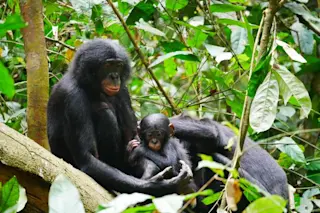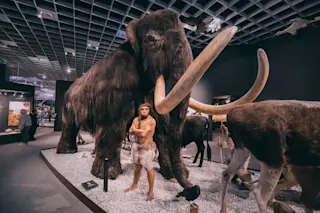In The New York Review of BooksRichard Lewontin has a long review up of Evelyn Fox Keller's last work, The Mirage of a Space between Nature and Nurture. Here's the blurb from Duke University Press:
In this powerful critique, the esteemed historian and philosopher of science Evelyn Fox Keller addresses the nature-nurture debates, including the persistent disputes regarding the roles played by genes and the environment in determining individual traits and behavior. Keller is interested in both how an oppositional “versus” came to be inserted between nature and nurture, and how the distinction on which that opposition depends, the idea that nature and nurture are separable, came to be taken for granted. How, she asks, did the illusion of a space between nature and nurture become entrenched in our thinking, and why is it so tenacious? Keller reveals that the assumption that the influences of nature and nurture can be ...













